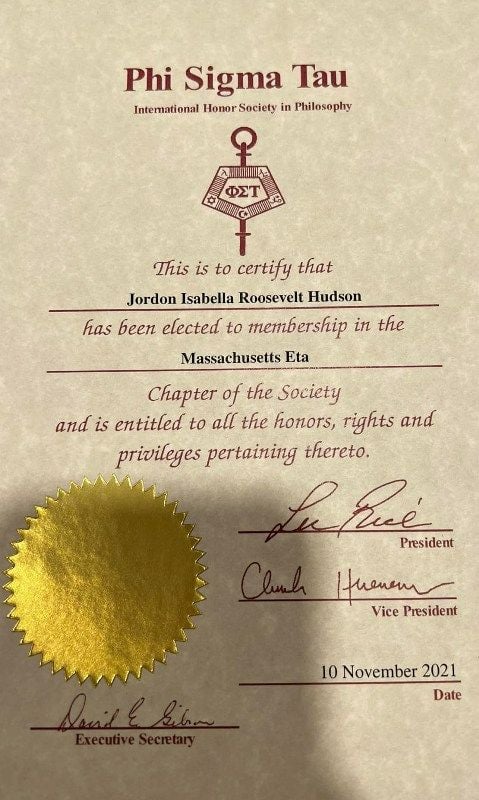Is the shadow of celebrity encroaching on the hallowed grounds of collegiate athletics? Recent developments at the University of North Carolina suggest that the answer might be a resounding yes, as the involvement of Bill Belichick's girlfriend, Jordon Hudson, raises eyebrows and prompts scrutiny within the UNC football program.
The transition of Bill Belichick, a titan of the National Football League, to the realm of college football has been a subject of intense interest. Now, further intrigue has been added as documents and reports surface that indicate a significant level of involvement from Jordon Hudson, Belichick's girlfriend. The revelations suggest a blurring of the lines between personal and professional spheres, sparking debate about the impact on the university's football program.
The core of the matter lies in the scope of Hudson's activities. Reports detail her active participation in team communications and branding strategy, a realm typically reserved for officially appointed personnel. These actions have apparently stirred unease among some associated with the university. The concerns extend beyond simple observation, hinting at a potential shift in the established order.
The situation, however, isn't solely about the perception of impropriety. There is a practical side, as well. The specifics of Hudson's involvement, as described in the released information, are quite extensive. Reports state that she has advised on media messaging, a critical element in managing public perception. Furthermore, she has apparently managed trademark filings connected to Belichick's college football venture, and responded to online criticism, demonstrating an active role in safeguarding Belichick's public image.
The 44 pages of documents give an unprecedented look at Hudson's role. This detailed look into the situation will help to better understand the scope of her influence and the concerns it has triggered.
The intersection of personal relationships and professional responsibilities can present a variety of complexities. In this instance, the implications are particularly sensitive, given the high-profile nature of those involved and the scrutiny associated with the sport of college football. The potential for favoritism, the perception of undue influence, and questions about the integrity of decision-making processes are all valid concerns that come to light in this situation.
Moreover, the move to college football itself has its own set of challenges, where the dynamics of recruiting, player development, and maintaining team morale are very different than the NFL. Balancing this with the added layer of personal involvement creates an even more intricate web of issues. The university's response, or lack thereof, will be carefully watched. The situation may serve as a case study in the complexities of navigating personal and professional boundaries in a very public arena.
The concerns regarding nepotism also deserve serious consideration. The decision to hire Belichick's son as a defensive coordinator adds another dimension to the debate. Questions of impartiality and the fairness of opportunities arise. While experience, talent, and qualifications should be the determining factors in these decisions, the optics are also very important. The need to establish credibility and demonstrate that all decisions are made with the best interests of the program at heart becomes even more vital.
The reactions to these events have been varied, spanning from guarded concern to outright condemnation. The incident has sparked a lively discussion online, with fans and analysts weighing in on the situation. The level of public interest underscores the significance of the situation, as well as its implications.
The central question remains: How much influence is too much? The answer is nuanced and likely depends on factors that are still unfolding. Transparency, clarity, and adherence to established guidelines will play critical roles in shaping the outcome of this story. The coming days and weeks will prove decisive in answering the lingering questions and addressing the underlying concerns.
| Full Name | Jordon Hudson |
| Age | 24 (as of reported dates) |
| Relationship | Girlfriend of Bill Belichick |
| University Affiliation | Reportedly involved with UNC (University of North Carolina) |
| Activities | Involved in team communications, branding strategy, media messaging, trademark filings, and responding to online criticism |
| Education | Details not widely reported |
| Official Position | None reported |
| Concerns Raised | Involvement with the UNC football program. |
| News Source | TMZ |
The situation at UNC raises a broader question. Are these cases isolated incidents, or do they reflect a trend? The blurring of lines between the personal and the professional, especially in high-profile environments like college football, highlights the necessity of clear guidelines and ethical oversight. Transparency and accountability are essential to maintain the integrity of the program.
The case highlights the complexities of navigating the world of college sports. How the situation is handled will serve as a model, or cautionary tale, for other athletic programs grappling with similar challenges. Transparency, adherence to ethical standards, and a commitment to open communication will be crucial in ensuring a successful resolution.



